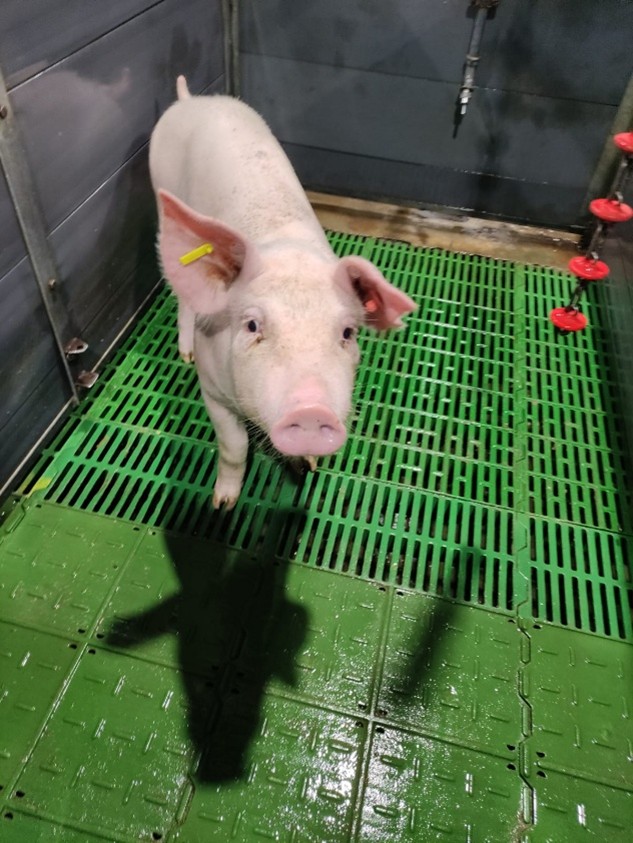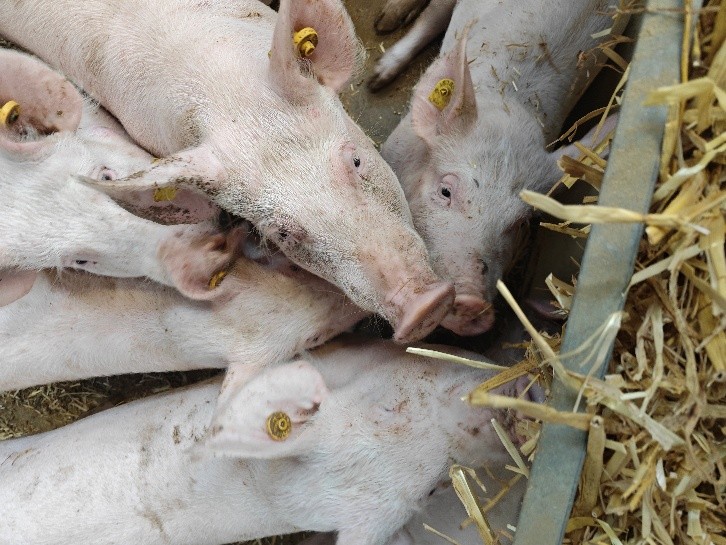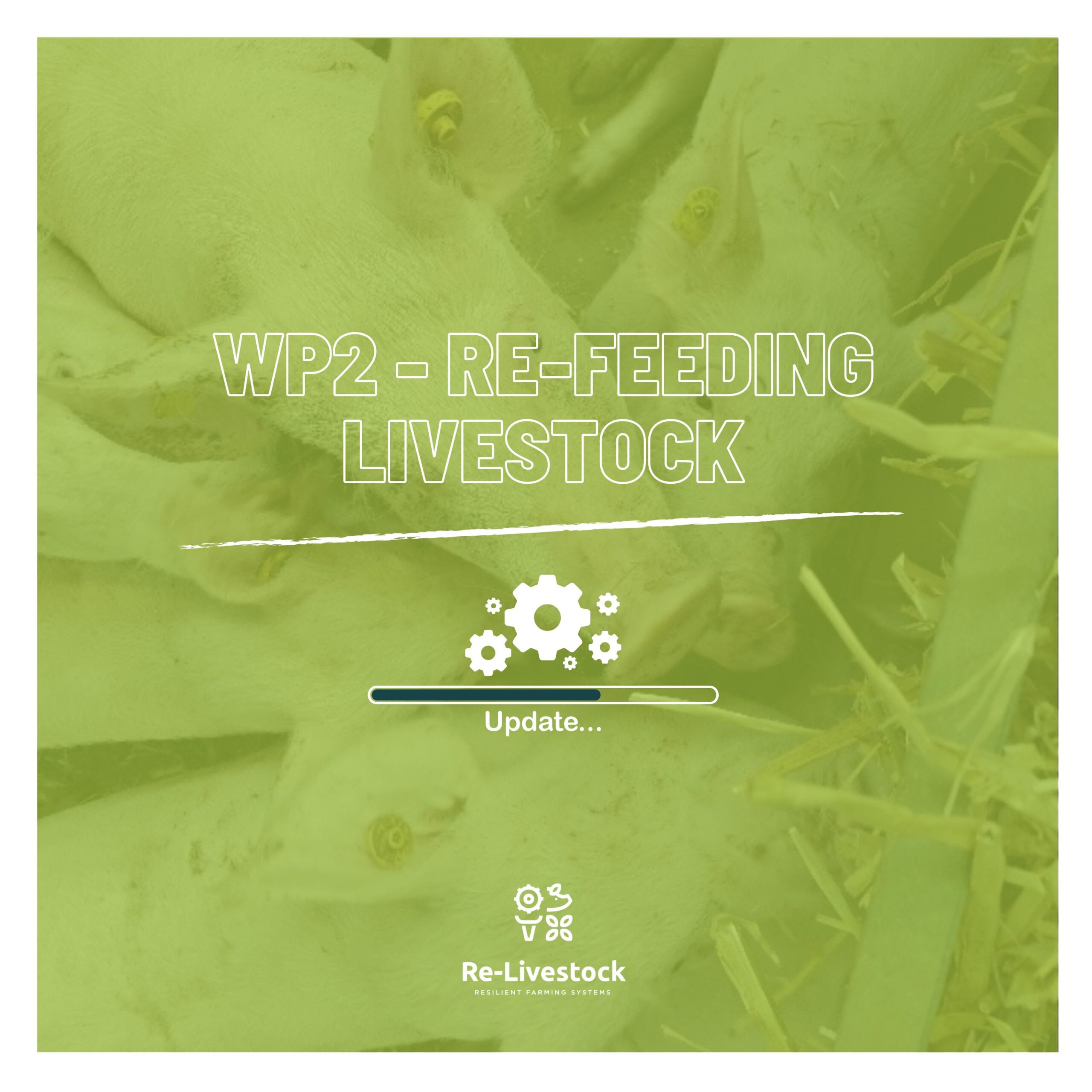The WP2-Pig partners continue to make significant strides in their research, contributing valuable insights into the sustainability of livestock production. Here are the latest updates:
Poznan University is progressing with chemical analysis of samples (feeds, faeces, gases, and meat) derived from two sets of experiments: the inclusion of local agro by-products (blackcurrant and chokeberry pomace), and the substitution of soybean meal (SBM) with faba bean and narrow-leafed lupin seeds. For the legume experiments, they have used local Puławska pigs. Preliminary results indicate that replacing SBM with faba bean and narrow-leafed lupin seeds does not significantly impact the performance and carcass quality of the local pigs. Preliminary results from this experiment will be presented at the 3rd EAAP Regional Meeting in Krakow (9-11 April 2025).
Agroscope began their second experiment in February, using low-protein diets—balanced or not with essential amino acids (lysine, methionine, threonine, tryptophan, and valine)—fed to growing-finishing pigs under different cleaning protocols. Growth performance, nutrient efficiency, carcass nutrient composition, and meat quality are being evaluated. The experiment is currently halfway through, and it is expected to be completed by the end of June. Additionally, Agroscope is preparing a paper describing a standardized procedure to measure ammonia concentration in pig slurry using an in vitro method based on a dynamic flow chamber system.
CSIC has just completed a study with Iberian pigs fed diets in which 50% of the protein from SBM was replaced by protein from local legumes (lentils, chickpeas, or peas). Growth performance, nutrient fluxes, plasma biochemical parameters, and carcass traits are being evaluated. In similar studies with conventional pigs, substitution of protein from SBM showed no detrimental effects on growth performance, nutrient digestibility, nitrogen balance, or plasma biochemical indices. Results from this experiment will be presented at the Spanish National Animal Production Meeting in Zaragoza (3-4 June 2025) and at the 8th EAAP International Symposium on Energy and Protein Metabolism and Nutrition in Rostock, Germany (15-18 September 2025).



More on the WP2 Update from the University of Reading Beef Study
As part of WP2 activities within the Re-Livestock project, the University of Reading has recently published a study in the Journal of Animal Science examining how different dietary protein sources affect beef production and sustainability.
The research compared several protein sources—including soybean meal, locally grown field beans, and brewers’ spent grains—within an indoor beef production system, and contrasted these with a pasture-based system using fresh-cut ryegrass. The findings highlight that diets lower in fibre and higher in starch, such as those incorporating soybeans and field beans, improve both growth performance and nutrient utilisation compared to fibre-rich diets like brewers’ spent grains and fresh-cut ryegrass.
Importantly, the study demonstrated that UK-grown field beans can effectively replace soybean meal and soy hulls in beef diets (up to 15%) without compromising productivity or increasing environmental impacts such as methane emissions and nitrogen excretion.
Additionally, the pasture-based system, which used a 91:9 forage-to-concentrate ratio, was shown to reduce methane emissions per unit of feed. However, this approach also led to higher nitrogen excretion and reduced both growth rate and feed efficiency—factors that could affect production economics and contribute to higher lifetime methane emissions per kilogram of meat produced.
These findings support ongoing efforts in WP2 to identify locally available, more sustainable feed options that balance animal performance with environmental impact.
